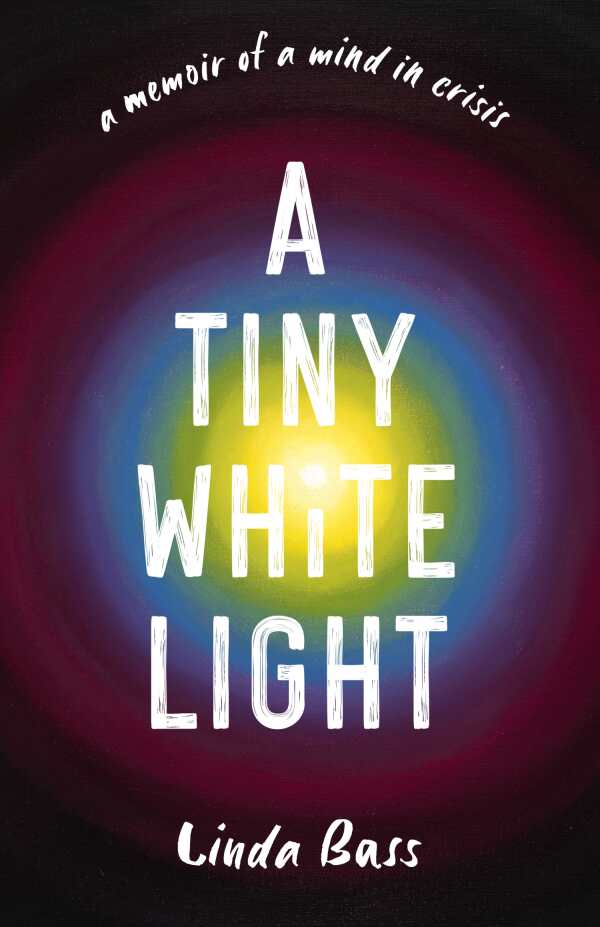A Tiny White Light
A Memoir of a Mind in Crisis
A Tiny White Light is a lyrical memoir in which living is treated as a continual search for meaning and self-worth.
Linda Bass’s intriguing memoir A Tiny White Light concerns a psychotic episode, what led up to it, and its aftermath.
Bass was used to living for everyone around her and putting her own needs last. Growing up with emotionally abusive parents, she often turned to men to find the attention and love she craved. This led to a psychotic episode: her unrequited love for her therapist made her question and reinterpret her reality.
The book sets the stage for Bass’s eventual breakdown by beginning with her parents’ move and subsequent divorce in her late teenage years. The crumbling of her world helps to place her unmoored perspective in context. The text also reaches farther back into her childhood to examine how her parents’ criticism and lack of support built up her fear of abandonment and the longing for love that followed her into her thirties.
The men in Bass’s life are well fleshed out. Her relationships with her brother Brian, her first husband Ian, her second husband Jake, and her therapist Sam silo the book into unofficial sections, though Brian and Ian’s contributions overlap, as do Jake and Sam’s. Each one’s presence highlights different parts of Bass’s personality: Brian marks her childhood, Ian her longing for any kind of love, and Sam her quest to find herself. Further, the way Bass turned to each of them to find meaning in her own life is made clear even before she became aware of it herself.
Indeed, the book does an excellent job of exploring life as an uninterrupted search for meaning and self-worth, illustrating how the seeds for Bass’s psychotic episode were planted long before she even met Sam: In her insecurity, manifested above all in her studies despite her strong academic records; in her tendency to turn to men in order to feel something; and in her inability to let go of the hope for her mother’s approval, she wound up always searching. Her pivotal relationship with Sam is explored in depth, and it doubles as the book’s clearest articulation of Bass’s relationship with herself. The appearance of the tiny white light, linking the fragile hint of self-love with the time spent with Sam, foreshadows the way she comes to feel alive in his office, and the question “is it transference, and if so, isn’t it still love” begins to permeate the narrative, unanswerable but consequential.
The use of the present tense sharpens the narrative, making Bass’s descent into psychosis sound all the more urgent and consuming. Indeed, the way the book approaches it, narrating all the delusions as if they were real, functions as an invitation to experience psychosis along with Bass. The prose here and elsewhere is intimate and occasionally lyrical, layering Bass’s sense of blurred lines and unreality onto the tangible world. And despite the break at its core, all works toward a triumphant ending, proffering closure and imparting a gentle sense of peace.
A Tiny White Light is a revealing memoir about hitting rock bottom and digging one’s way out.
Reviewed by
Carolina Ciucci
Disclosure: This article is not an endorsement, but a review. The publisher of this book provided free copies of the book and paid a small fee to have their book reviewed by a professional reviewer. Foreword Reviews and Clarion Reviews make no guarantee that the publisher will receive a positive review. Foreword Magazine, Inc. is disclosing this in accordance with the Federal Trade Commission’s 16 CFR, Part 255.

